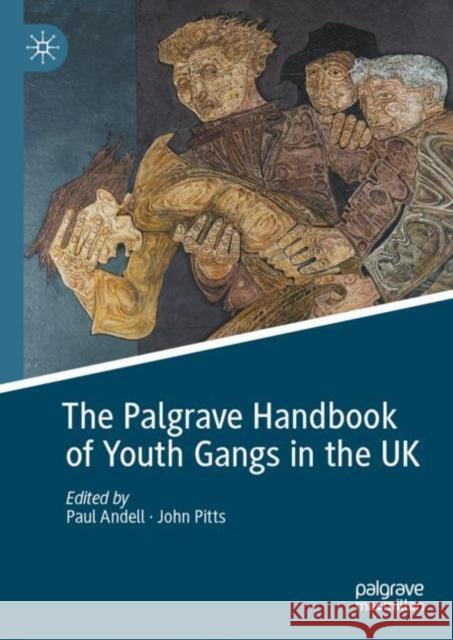The Palgrave Handbook of Youth Gangs in the UK » książka
topmenu
The Palgrave Handbook of Youth Gangs in the UK
ISBN-13: 9783030996574 / Angielski / Twarda / 2023
The Palgrave Handbook of Youth Gangs in the UK
ISBN-13: 9783030996574 / Angielski / Twarda / 2023
cena 848,19 zł
(netto: 807,80 VAT: 5%)
Najniższa cena z 30 dni: 842,30 zł
(netto: 807,80 VAT: 5%)
Najniższa cena z 30 dni: 842,30 zł
Termin realizacji zamówienia:
ok. 20 dni roboczych.
ok. 20 dni roboczych.
Darmowa dostawa!
Kategorie:
Kategorie BISAC:
Wydawca:
Springer Nature Switzerland AG
Język:
Angielski
ISBN-13:
9783030996574
Rok wydania:
2023
Wymiary:
21.0 x 14.8
Oprawa:
Twarda
Dodatkowe informacje:
Wydanie ilustrowane











